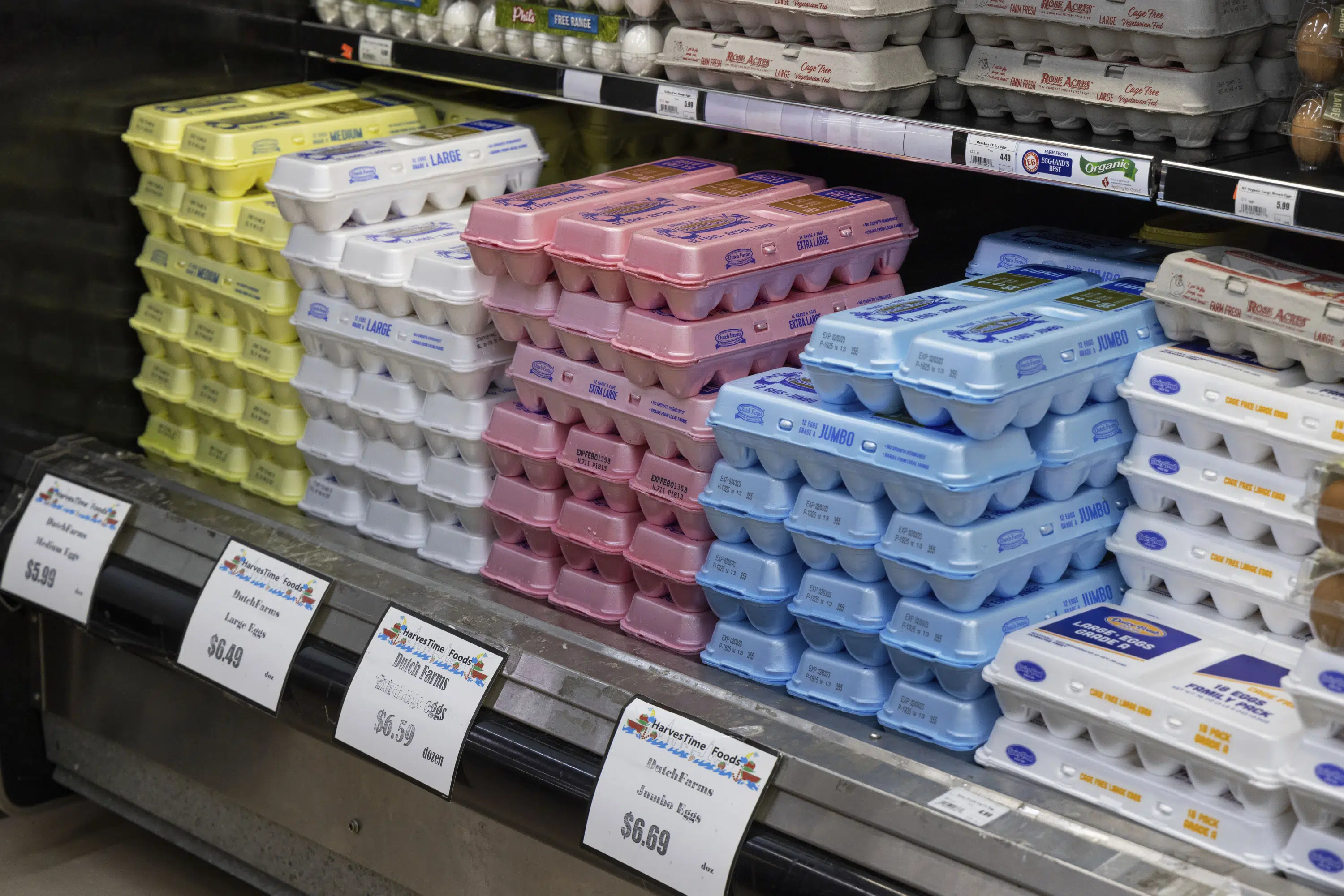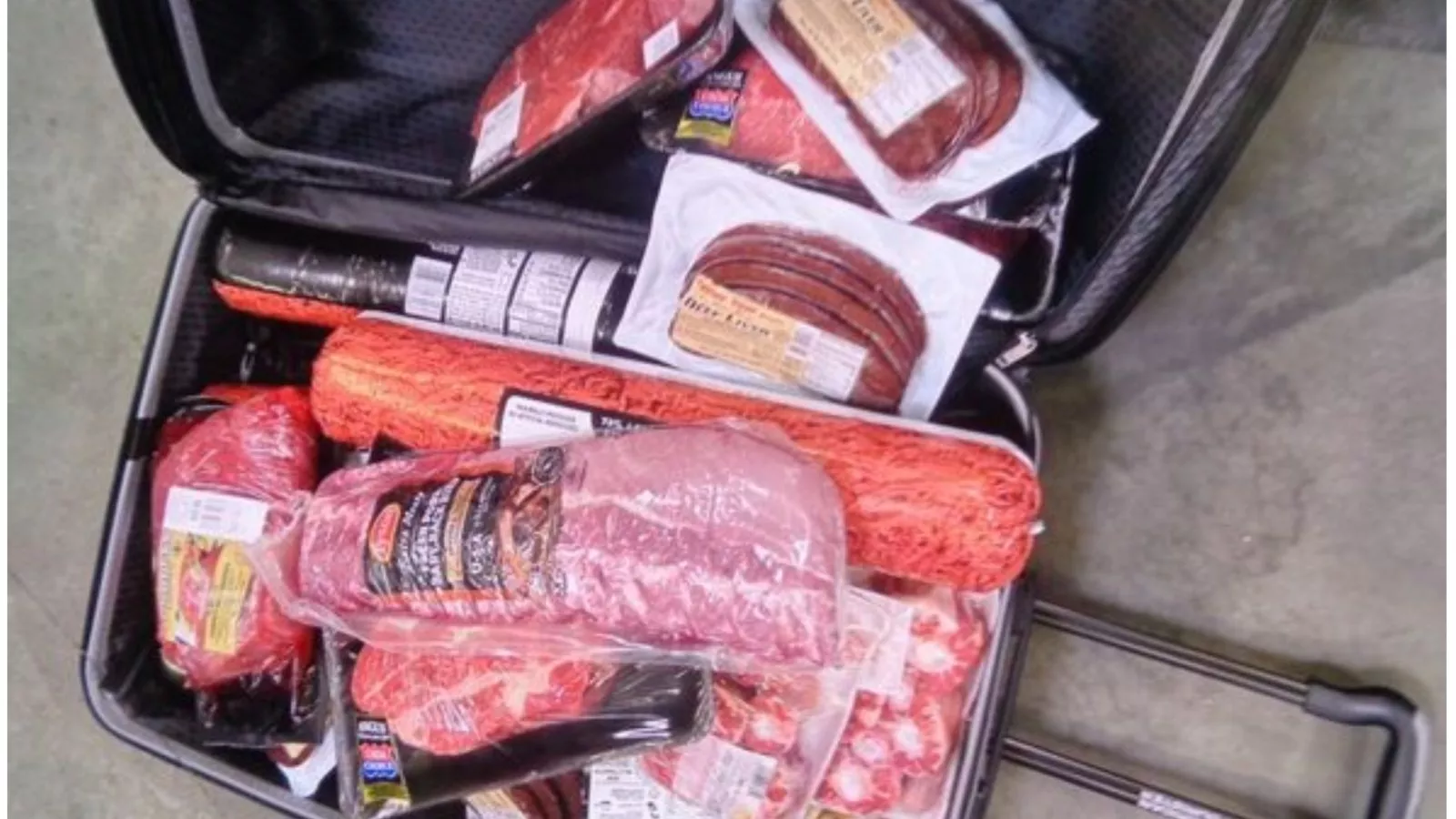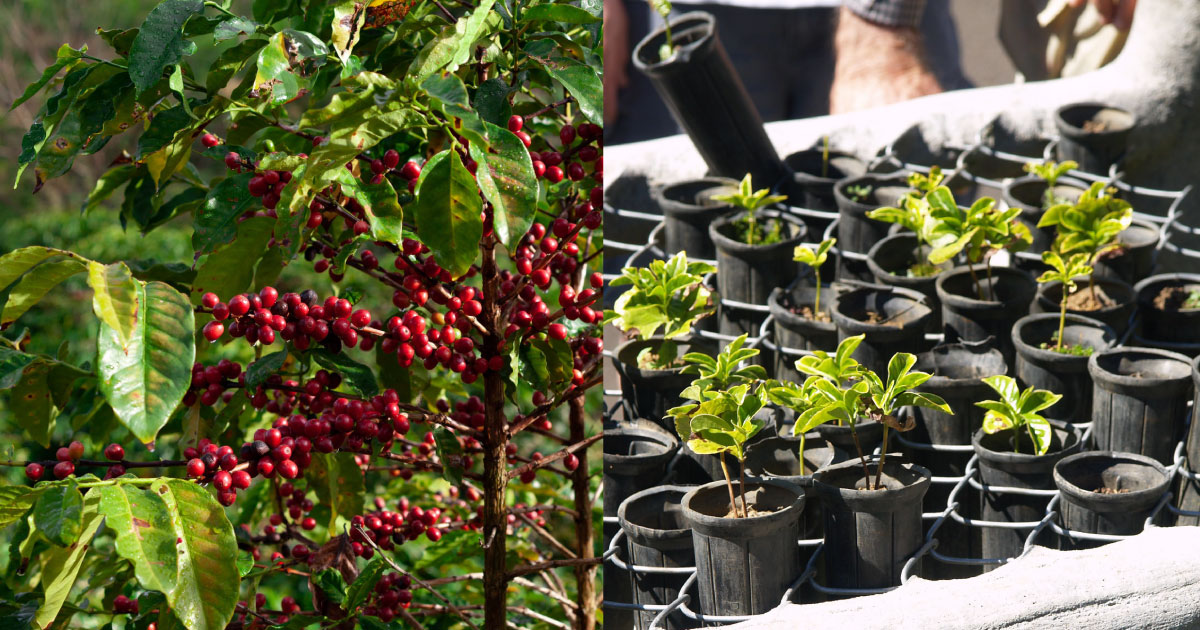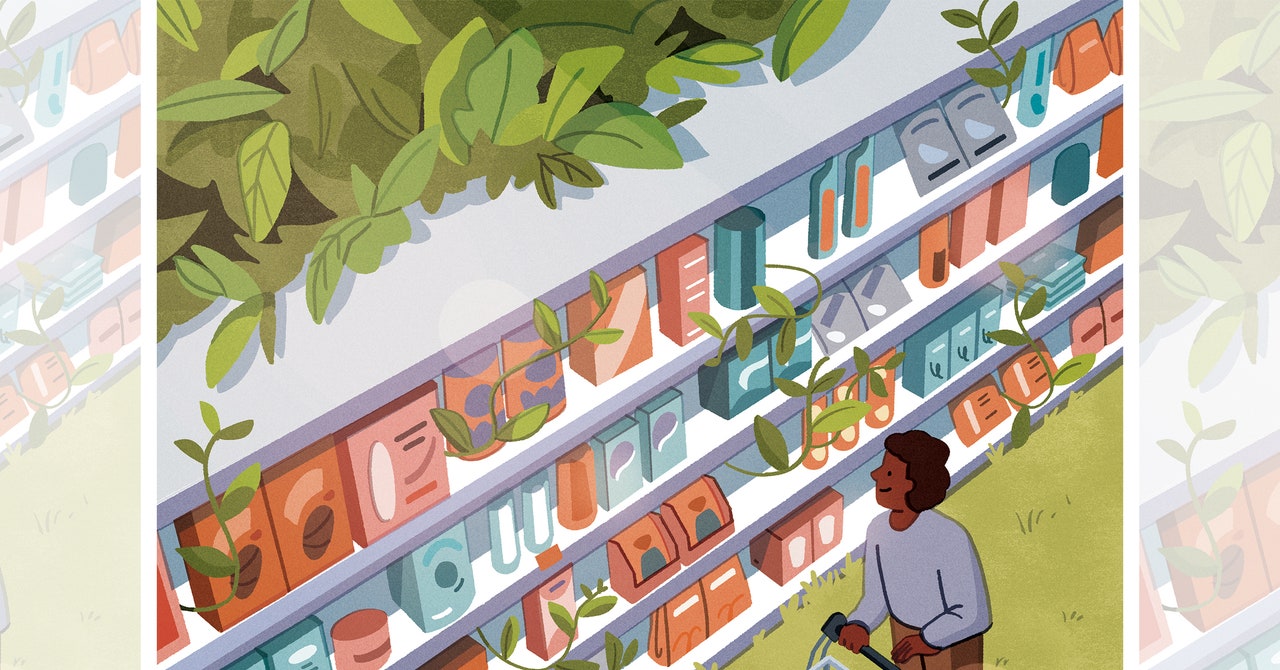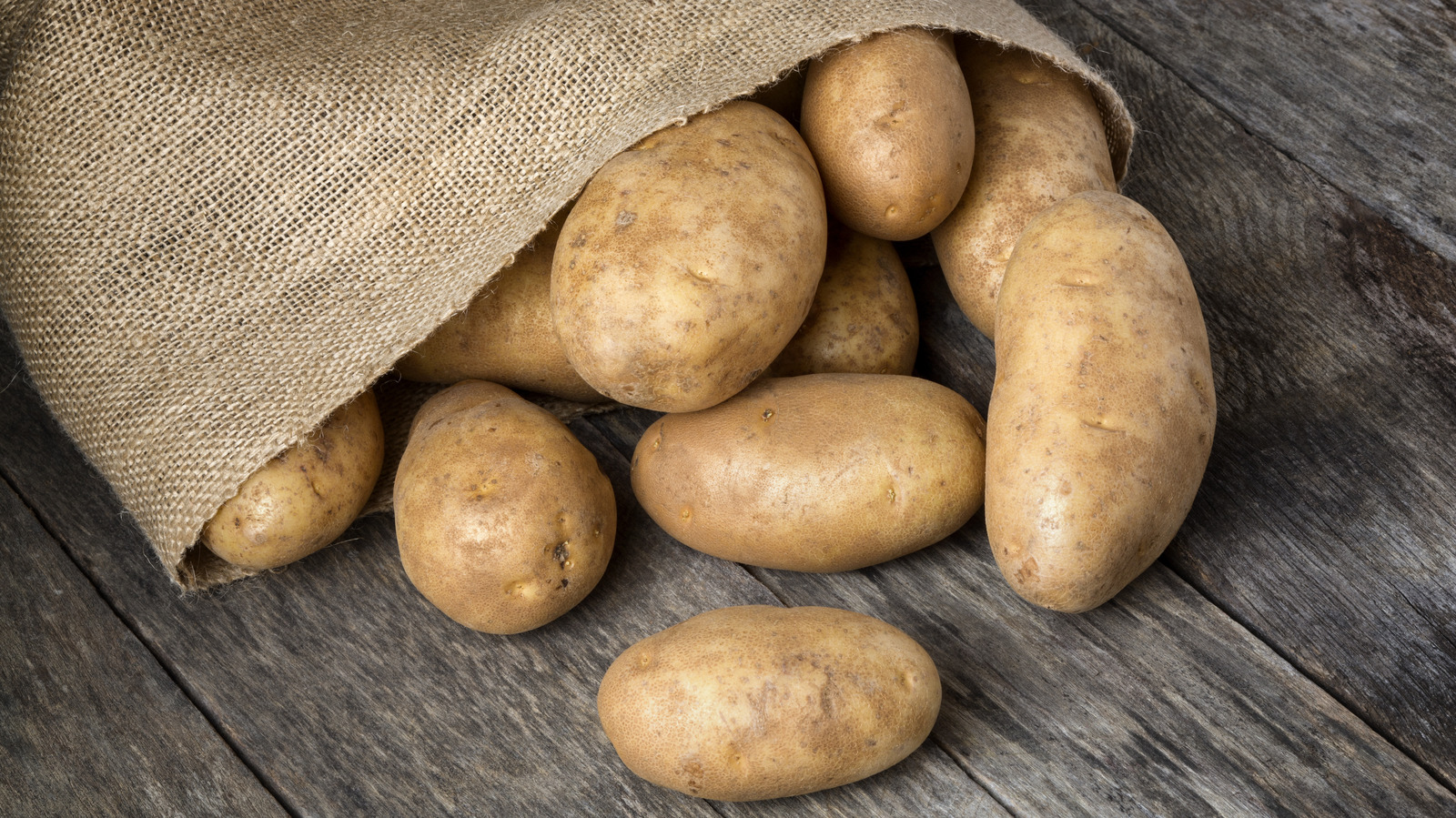02/06/2023 SOURCE: www.saltwire.com
Environmental and food groups are taking Health Canada to Federal Court again to challenge its decision to approve the renewal of a pesticide that contains ...
Environmental groups taking Health Canada to court for giving OK to pesticide containing glyphosate | SaltWire
-
(0)
-
Bookmark
- Comments. (0)
Topics: Consumer/Retail, Trending News,
Trader Joe's asked customers to rank their nine top products. Here they are | CNN Business
Trader Joe's asked its customers a simple question: If you were to spend the rest of your life on a deserted island, which nine Trader Joe's products would you take with you?
-
(0)
-
Bookmark
- Comments (0)
Topics: Poultry, Consumer/Retail, Trending News,
Soaring egg prices prompt demands for price-gouging probe
OMAHA, Neb. (AP) — With egg prices more than doubling in the past year, calls are coming for an investigation into possible price gouging. U.S. Sen. Jack Reed sent a letter Tuesday asking for the Federal Trade Commission to investigate whether egg prices have been improperly manipulated by producers.
-
(0)
-
Bookmark
- Comments (0)
01/10/2023 SOURCE: www.newsweek.com
Ohio police said the suspect typically sells stolen meat to restaurants who pay him half the face value marked on the meat's price tags.
Walmart customer caught trying to steal suitcase full of meat: Police
-
(0)
-
Bookmark
- Comments. (0)
Topics: Agriculture US, Beef Cattle, Plant-Based/Animal Free, Ranching, Consumer/Retail,
Costco to sell Beyond Meat's steak product
Beyond Meat Inc. announced in a Tuesday blog post that its steak product would be available this month for shoppers at select Costco locations around the country.
-
(0)
-
Bookmark
- Comments (0)
01/03/2023 SOURCE: perfectdailygrind.com
With hybrid coffee varieties becoming more and more prominent, will GMO coffee also become more commercially available in the years to come?
Does GMO coffee exist?
-
(0)
-
Bookmark
- Comments. (0)
01/03/2023 SOURCE: www.businesswire.com
-
(0)
-
Bookmark
- Comments. (0)
Topics: Food/Nutrition, Regenerative Agriculture, Consumer/Retail,
The Food Chain Should Be a Food Circle
Regenerative farming and upcycled ingredients are both on the menu for a resilient food system that’s better for humans and nature alike.
-
(0)
-
Bookmark
- Comments (0)
Topics: Beef Cattle, Pork/Swine/Pig/Hog, Cellular Meat, Consumer/Retail,
Lab-grown meat could be served up for dinner soon. What does it taste like? | CNN Business
The meatball tastes like meat, an accomplishment in itself.
-
(0)
-
Bookmark
- Comments (0)
Topics: Food/Nutrition, Potatoes, Consumer/Retail,
The Russet Potato Secret You Should Know Before Cooking - Tasting Table
There are over 200 varieties of potatoes in the U.S. Russets are particularly popular to bake, then load up with toppings, but turns out there's more to it.
-
(0)
-
Bookmark
- Comments (0)




